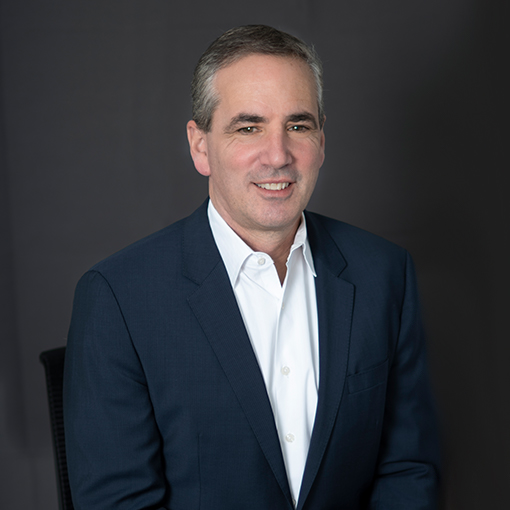This site uses cookies to provide you with a more responsive and personalized service. By using this site you agree to our use of cookies. You can learn more about our use of cookies and similar technologies and your choices by reviewing our Privacy Policy. By clicking “I agree” you agree to our use of cookies and similar technologies.
The Looming Bear Market is Likely to Bring More Prosecutions
When the tide goes out, as it appears to be doing now with the market down 20% percent from its highs in January, bad actors will be left exposed for everyone to see. Simply put, as the market drops those companies hiding behind lofty share prices and astronomical crypto values will be scrutinized to determine if financial fraud and white-collar crime was behind this activity.
The Department of Justice recently brought two significant, complex cases that illustrate this point when markets fall. On May 17, 2022, the U.S Attorney’s Office for the Southern District of New York filed a case against a U.S. subsidiary of Allianz (Allianz Global Investors, U.S. LLC), which pled guilty to securities fraud and agreed to pay $6 billion to settle the matter.
This case, which only involved a few actors at a subsidiary, is one the largest criminal settlements brought by the DOJ in recent memory. The company also resolved the matter in a civil settlement with the SEC.
The scheme was carried out by three portfolio managers who caused billions of dollars in losses to pension funds which managed retirement plans for teachers, bus drivers, religious organizations, and others. The company made false and misleading statements to investors that substantially understated the risks taken by the funds and the level of oversight of the funds.
Investors were led to believe that the funds were protected from a sudden market crash by various hedging strategies used by the fund. The control failures at the company further allowed the portfolio managers to defraud investors about the risk of the funds over many years. The fraud was exposed in March 2020, when the financial markets briefly crashed at the beginning of the pandemic, resulting in the funds losing more than $7 billion in value, according to the Criminal Information.
The other case, just as complex, was also brought in the Southern District. A federal grand jury returned an indictment against Bill Hwang, the founder and head of Archegos Capital, and Patrick Halligan, the firm’s Chief Financial Officer. The indictment charges that they and others participated in interconnected schemes to unlawfully manipulate the prices of publicly traded securities in Archegos’s portfolio and lied to banks to obtain billions of dollars that was then used to inflate the stock prices of shares held in the firm’s portfolio.
The indictment alleges that Hwang and others invested in the stocks by entering derivative contracts known as “swaps” with banks. These contracts permitted them to cause massive buying of certain company stocks, allowing Archegos to dominate the trading and artificially increase the stock prices.
When the market turned and prices fell last year, Archego’s positions were sold off, making it no longer possible to manipulate the share prices. According to the indictment over $100 billion in market value disappeared in days for nearly a dozen companies.
The indictment alleges that Hwang and his coconspirators misled the banks about the size of Archego’s positions and how much cash his firm had on hand. The banks, according to the indictment, lost billions of dollars, and market participants who purchased the stocks at artificial price levels lost substantial value as well when the manipulated share prices dropped.
Why it matters:
- In the spring of 2022, the Attorney General reemphasized during his speech at the ABA White Collar Conference that the prosecution of corporate crime is a Department priority and announced plans to hire this year, 120 prosecutors and 900 FBI agents to address white collar crime. With the recent drop in the market, there will likely be many opportunities for the Department to investigate and prosecute corporate misconduct.
- In addition, an economic downturn, which we may be heading towards, also creates more pressure to generate business and further increases the likelihood that bad actors will take risks to keep their businesses afloat.
What’s next: Companies with potential concerns of improper conduct should take the time now to conduct fraud risk assessments to uncover financial fraud and assess and tighten its fraud related controls and procedures. For example, materials shared with investors should be reviewed for accuracy to prevent frauds like the one that occurred in the Allianz case, where fraudulent, altered risk reports were routinely distributed to investors to allay concerns of risk.
Engaging a third party consultant to conduct an independent assessment may be warranted to prevent insiders from concealing their own misconduct. Unless there’s a snap back in the market, which seems unlikely at the moment, we can expect more fraudulent activity to be discovered as the tide goes out.

David H. Katz
Senior Managing Director
David H. Katz has more than 25 years of experience investigating and prosecuting complex frauds and examining and assessing compliance programs. He is an important member of the firm’s high profile monitorship practice. He previously has held senior positions with the U.S. Senate’s Permanent Subcommittee on Investigations, the Internal Revenue Service, and the NASD (now FINRA). Mr. Katz began his career at the U.S. Department of Justice as a trial attorney for the Fraud Section of its Criminal Division in Washington, DC, investigating and prosecuting high profile white-collar cases.


